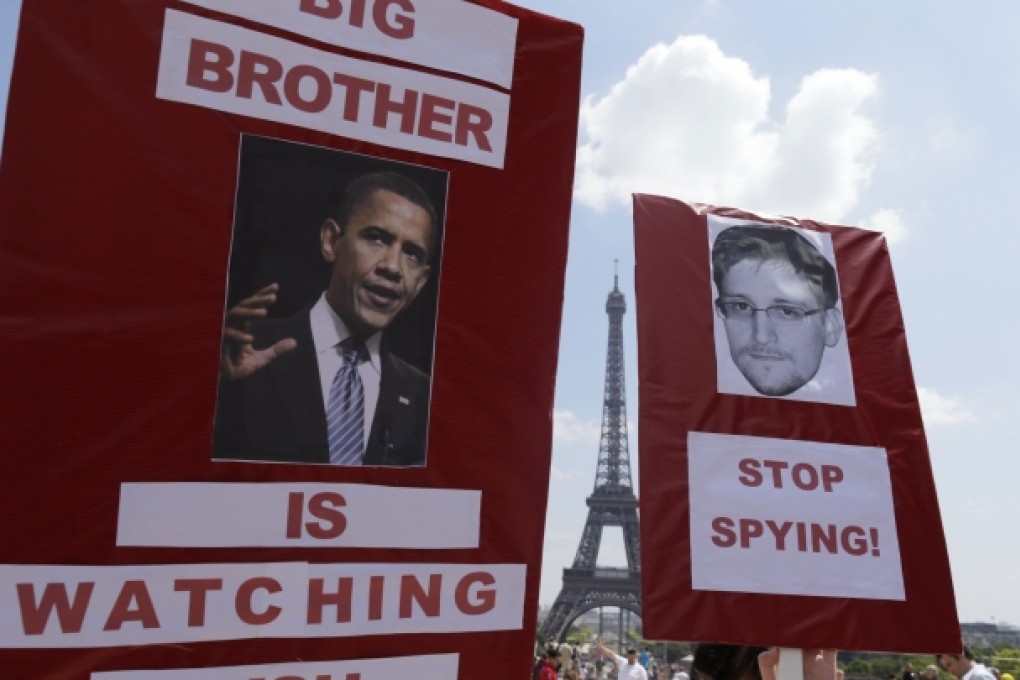World needs a new set of internet protocols, post Snowden affair
Yun Tang says rules are needed to govern conduct by governments and individuals, post Snowden

The Edward Snowden saga has disturbed the US and caused repercussions around the world. Regardless of the ultimate fate of this unconventional whistle-blower-cum-reckless-rebel, Snowden has already carved his mark in history, given that his actions have a far-reaching impact on people's lives.
Americans have been reeling as details of government monitoring and eavesdropping surfaced. In the perceived land of democracy and freedom, people are under Orwellian surveillance. The exposure has pitted Americans against Americans over whether Snowden is a hero or traitor.
Some see him as a Robin Hood championing civil liberty and constitutional rights; others believe he is an eccentric seeking gratification while endangering national security. The US government has charged him with espionage.
Meanwhile, former US president Jimmy Carter said: "I think the [government] invasion of human rights and American privacy has gone too far." And more than 120,000 citizens have signed an appeal, on the White House "We the People" petition site, for the administration to pardon Snowden.
Snowden has triggered the deepest trust crisis for the US government since Watergate. But the questions he has raised are age-old: to what extent should citizens swap their privacy for safety, and how can they curb government overreach?
The US is the birthplace of modern science and technology giants that created the internet communication devices we use today. But the information divulged by Snowden attests again to the conclusion of American historian Will Durant that "all technological advances" are just "new means of achieving old ends".